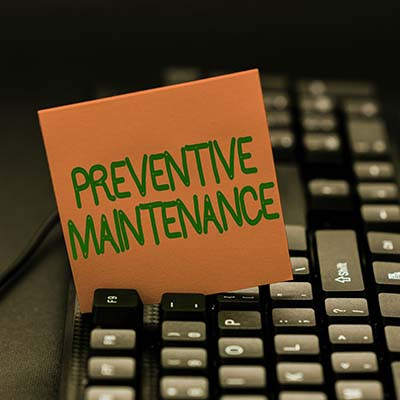- Home
- About Us
- IT Services
- Understanding IT
- Understanding Ransomware
- Understanding Shadow IT
- Understanding Your Virtual Identity
- Understanding the Modern Office
- IT Threat Glossary
- Understanding Business Continuity
- Windows Server 2003: End of Life
- Understanding the Internet of Things
- Understanding Network Security
- Understanding SOX
- Understanding BYOD
- Understanding PCI DSS
- Windows XP End of Life
- Understanding HIPAA
- Cloud Computing
- Windows 2008 Server EOL
- News & Events
- Blog
- Support
- Contact Us
- Home
- About Us
-
IT Services
-
Understanding IT
- Understanding Ransomware
- Understanding Shadow IT
- Understanding Your Virtual Identity
- Understanding the Modern Office
- IT Threat Glossary
- Understanding Business Continuity
- Windows Server 2003: End of Life
- Understanding the Internet of Things
- Understanding Network Security
- Understanding SOX
- Understanding BYOD
- Understanding PCI DSS
- Windows XP End of Life
- Understanding HIPAA
- Cloud Computing
- Windows 2008 Server EOL
- News & Events
- Blog
- Support
- Contact Us
SCW Blog
Avoiding Downtime Can Help You Avoid Serious Costs
Downtime is often associated with losing power or an Internet connection, but in reality, it’s far more than just that. It’s any situation where your team cannot perform their duties as expected, and it can be extremely costly if it’s not addressed. Here are some ways you can address these situations.
Technology-Induced Downtime
If your network or applications experience downtime, it can be extraordinarily costly for productivity and lost profits. For example, Gartner estimates an average cost of IT downtime in the enterprise sector of $5,600 per minute. 98-percent of enterprises say that an hour of operational downtime can cost well over $100,000.
Small businesses might not see these massive losses, but there is still a certain percentage of the loss your business might experience. An hour of operational downtime for an important part of your infrastructure, like a server, could lead to massive loss, sometimes so bad that they could shutter your doors.
Other Problems
Basically, the problem with downtime is that downtime is wasted money without anything in return for it. Situational downtime which affects multiple employees can be devastating for your profit margin, as they might spend time troubleshooting issues instead of actually being productive. This goes doubly for when they contact a break-fix IT support company and you’re paying them, too. Consider how much time could be wasted during peak productivity hours and suddenly you might realize how big of a problem downtime is.
One way you can get around this is by making sure that your technology is in proper working order. Doing so might be just enough to prevent a significant amount of downtime.
What You Can Do
There are a few things you can do to actively fight downtime. They include:
Proactively Maintain Your Technology
One way you can be proactive with IT maintenance is to work with a managed service provider to monitor and keep track of your business technology solutions. MSPs can make sure your technology is working correctly to minimize downtime.
Keep Your Software Updated
Malware and other threats can exploit security vulnerabilities to create downtime-causing situations for your business. If you can patch these vulnerabilities, you can minimize the potential for downtime.
Isolate Problems
If you give your team access to comprehensive help desk offerings, they can help to isolate issues and address them appropriately. More often than not, the help desk can resolve issues in a matter of minutes, and if they can’t, they’ll pass the need on to someone who can get to it in a timely manner.
Comprehensive Backup
The best way to protect your data and prevent any downtime-causing issues from developing into full-blown disasters is to have a comprehensive data backup solution in place. BDR backs up data in-house and in the cloud, so you always have access to a copy of your data for when it’s needed most.
To learn more about how you can reduce downtime and its costs, reach out to SCW at (509) 534-1530.
About the author
Sam is a network engineer with a broad range of experience spanning more than 35 years. He wrote is first piece of code in 1979 and has been involved with the industry ever since. For the last 20 years, he has worked for SCW Consulting where he has embraced his passion for network technology and security.
Mobile? Grab this Article!
Tag Cloud


Comments